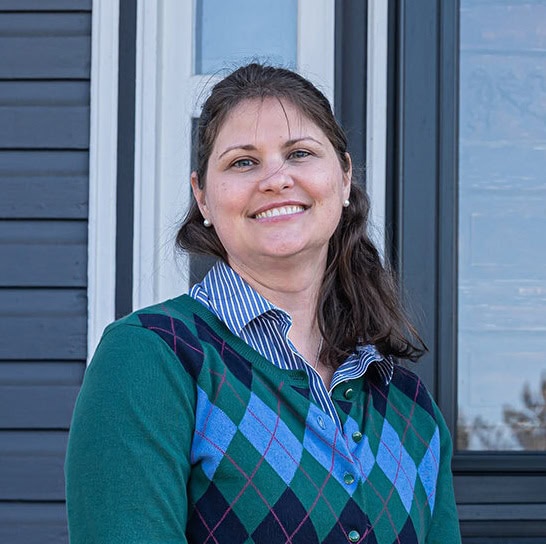The AHA’s Committee on Graduate Education (CGE) is pleased to announce the appointment of Philip M. Katz as research director. He brings experience as a historian and an administrator. He earned his PhD in American history from Princeton University in 1994. His dissertation explored the comparative and international dimensions of American political culture in the Reconstruction era. The resulting book, From Appomattox to Montmartre: Americans and the Paris Commune (Harvard Univ. Press, 1998), received the Gilbert Chinard Award from the Society for French Historical Studies. After three years as a lecturer in the Princeton University history department, Katz joined the New York Council for the Humanities (NYCH), serving successively as a program officer, director of public programs, and acting executive director. At NYCH he continued to work closely with historians in a variety of academic and public settings, and was involved in teacher-training programs at the secondary level.
Katz notes, “The historical profession has experienced major changes over the last two decades, but graduate training seems to have lagged behind. This is a bit strange, as graduate school is the point of reproduction for the profession—the place where changes should have been felt the most. While focusing on graduate training, the committee has an important opportunity to examine most of the challenges facing historians today. I hope we can offer some concrete recommendations for improving graduate education while also promoting a larger discussion about the state of the discipline.” Katz will be based at the Woodrow Wilson National Fellowship Foundation (WWNFF) in Princeton, New Jersey, which is home to several other initiatives in graduate education.
The CGE is off to a great start toward its goal of examining the state of graduate education and training in the United States. The CGE cosponsored a conference on history in the liberal arts education with the WWNFF and the National Council on Education and the Disciplines, which was held November 17–19, 2000, in Washington, D.C. The cosponsoring organizations are conducting related studies of history education and graduate training. Twenty-five historians attended the conference, representing a range of different institutions (including community colleges and secondary schools), geographic regions, and disciplinary specialties. The conference offered a stimulating environment to discuss some of the most pressing issues in history education, including periodization, the way survey courses are organized, the challenge of world history, new technologies, and the nature of civic education.
The CGE sponsored an open forum on graduate education at the AHA’s annual meeting in Boston. In a spirited discussion, audience members brought to the committee’s attention several issues related to graduate training. These included the paucity of information provided to many students in graduate programs (especially those students in pursuit of a master’s degree); the need to establish stronger relations with public history graduate programs; and the importance of reviewing the rewards system in the profession. At the end of January, the committee also sought the input of history department chairs through a targeted e-mail questionnaire.
Using these discussions as a guide for further inquiry, the CGE has begun drafting a series of formal surveys aimed at directors of graduate programs (including master’s programs), history graduate students, graduate school deans, and the diverse employers of professionally trained historians (both in and outside the academy). In part, these surveys will be used to gather basic data and identify innovative approaches to graduate training. But the committee is also interested in learning more about the varied expectations that different groups—students, teachers, administrators, and employers—bring to the venture of graduate education. The first surveys will be sent out to directors of graduate programs in April. If you receive a survey, please complete and return to the AHA headquarters as soon as possible; your participation is vitally important to the success of the project. As a follow-up to these surveys, the CGE will conduct a series of site visits to selected institutions in the fall. A final report will be issued in the second half of 2002.
For more information about any aspect of the CGE’s work, contact Phil Katz at Phil Katz or (609) 452-7007, ext. 303.



